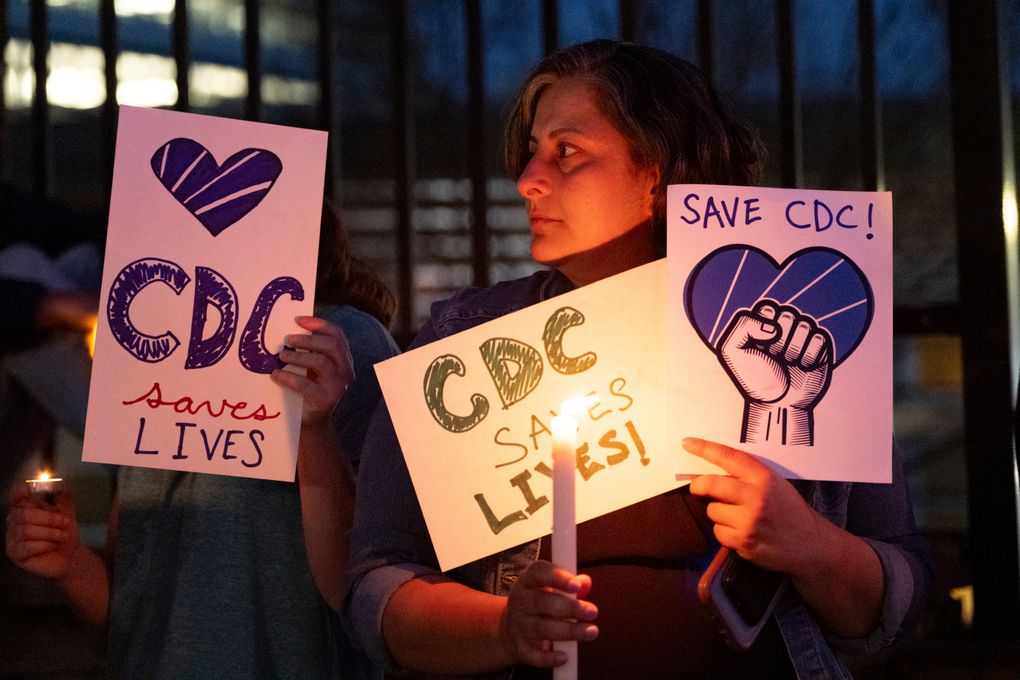Legal Showdown: Health Funding Cuts Spark Federal Lawsuit Against Trump Team

In a bold legal challenge, a coalition of 23 states and the District of Columbia have launched a lawsuit against the Trump administration, challenging its controversial decision to reclaim $12 billion in critical funding. The funds, originally allocated to support public health departments, COVID-19 response efforts, and vital addiction and mental health programs, are now at the center of a heated legal battle.
The attorneys general argue that the administration's move threatens to undermine essential healthcare services at a time when communities are most vulnerable. By attempting to claw back these crucial resources, the Trump administration risks disrupting critical support systems for pandemic response and mental health treatment across the nation.
This unprecedented legal action highlights the growing tension between federal funding priorities and the urgent needs of state and local health departments. The lawsuit represents a united front of state leaders determined to protect healthcare funding and ensure continued support for communities struggling with the ongoing challenges of COVID-19 and mental health crises.
